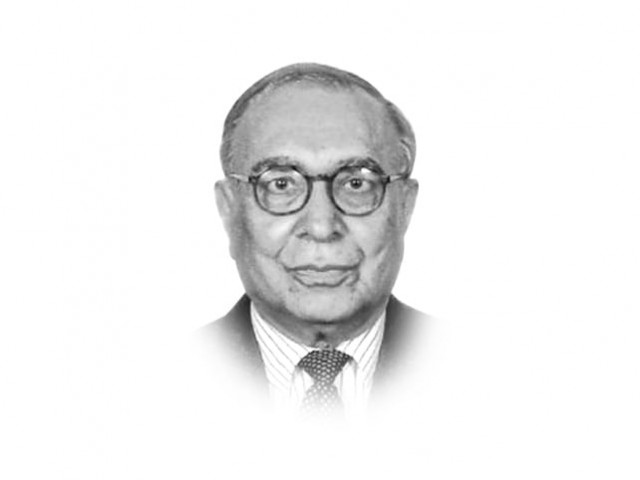Bitter harvest
Does the international community want the peace and reconciliation that Afghans and Pakistanis seek?

Bitter harvest
In Afghanistan, in the mid-1970s, I became aware of the continuous interplay of history and legend in the imagination of its people; the educated elite of Kabul were no exception. A scholarly former Afghan deputy foreign minister told me only a few weeks before the Saur Revolution, of the fear of ominous days ahead as the miracle of the procession of martyrs had not happened that fateful Nauroze. This was when his countrymen traditionally headed for the desert in the west and waited for the first Muslims in Afghanistan, martyred deceptively by an idolatrous king, to reappear at some hour of the night. They would be on horseback, moving in a single file, across the white sands with brilliantly lit torches in their hands that extinguished as they arrived at a desert shrine. Whenever this sacred procession did not take place, Afghan history got soaked in blood.
A few weeks later, a Marxist putsch, politically led by the underground Parcham and Khalq, toppled the Daoud regime, killing him in cold blood.
The revolution need not have followed a bloody course if the new rulers had not competed so fiercely amongst themselves to drag a pre-feudal society into Soviet-style modernity overnight. First, the local Imams and then the internationally supported counter-revolution told the people that the reforms were only a ruse to deliver them into the clutches of Soviet atheism. Ironically, many military formations that did not share the ideology of the Saur Revolution did not revolt but the people lit brush fires of resistance to the new regime all over the country. The new Kabul reacted with mindless violence. A long era of unmarked graves housing nameless men began. Later, as the Taliban roared their way to the non-Pashtun north, to be forced to retreat with the same alacrity, the unmarked grave with a nameless inhabitant became almost the rule. Nobody took prisoners.
The climax came when the US-led Great Coalition left the mopping up of the Taliban and the physical occupation of Afghanistan to the northern warlords. A recent expose by The New York Times in a report titled “Conflict mapping in Afghanistan since 1978” by the Afghan Independent Human Rights Commission mentions a chilling number of mass graves. The warlords, who retain power and pelf in the Karzai era, are reportedly opposed to its publication. But the events have a dynamic of their own in the collective memory of tribes and clans. It gives us a measure of the difficult task ahead.
In 1978-79, Pakistan had the option, as some of us in the Kabul embassy argued, of waiting and seeing if the new Marxists, fatally divided by the two factions, would pose any present and clear threat to Pakistan. But Pakistan was overnight persuaded that the Kabul putsch was the thin end of the wedge and that the great Soviet drive to the warm waters of the south had begun. With the direct intervention in December 1979, this perception became a dogma. The Afghan revolution and the Soviet occupation had to be rolled back. No evidence has surfaced to this day that the Kremlin was at all thinking of Gwadar as its destination.
There is not much evidence that the forces that invaded Afghanistan in 2001 ever adopted an intra-Afghan reconciliation as a strategic goal. More often, it has been Divide et Impera despite a known commonplace of Afghan history: the policy succeeds much too well to leave an honourable solution behind. Pakistan, indeed, faces a three-fold task: pursue the peace track with Kabul; do not abandon the effort to convince the powers that a sovereign Afghanistan healing its internal wounds and forging friendly relations with all its neighbours would eventually be in their own interest; and, also for Pakistan itself, physician, heal thyself.
Published in The Express Tribune, July 30th, 2012.















COMMENTS
Comments are moderated and generally will be posted if they are on-topic and not abusive.
For more information, please see our Comments FAQ